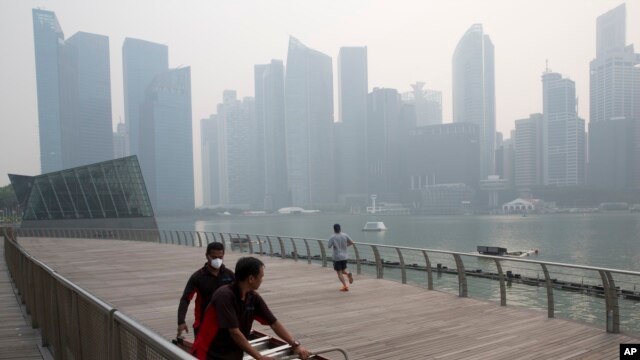skookerasbil
Platinum Member
Industrialization caused issue to the first world then and now third world facing same issue, if china stop working then who take care of them.Well Berzerkly should go over there and tell them to KNOCK it off.
Do as the first world did during the 20h century...
s0n....you are THE master of the Captain Obvious thread!!! Take a bow.
What is the point of this thread?
Only a mental case would think public pressure is going to change the manufacturing methods of China, thus, the point of the thread if 100% moot.
China will be increasing its coal production..........ready for this.........50% over the next 3 decades.
 Google it s0n........and they couldn't give a rats ass about some bozo's opinion in the nether-regions of the internet.
Google it s0n........and they couldn't give a rats ass about some bozo's opinion in the nether-regions of the internet.
s0n......there is some stuff in life you just have to file in the "Is what it is" file!!


